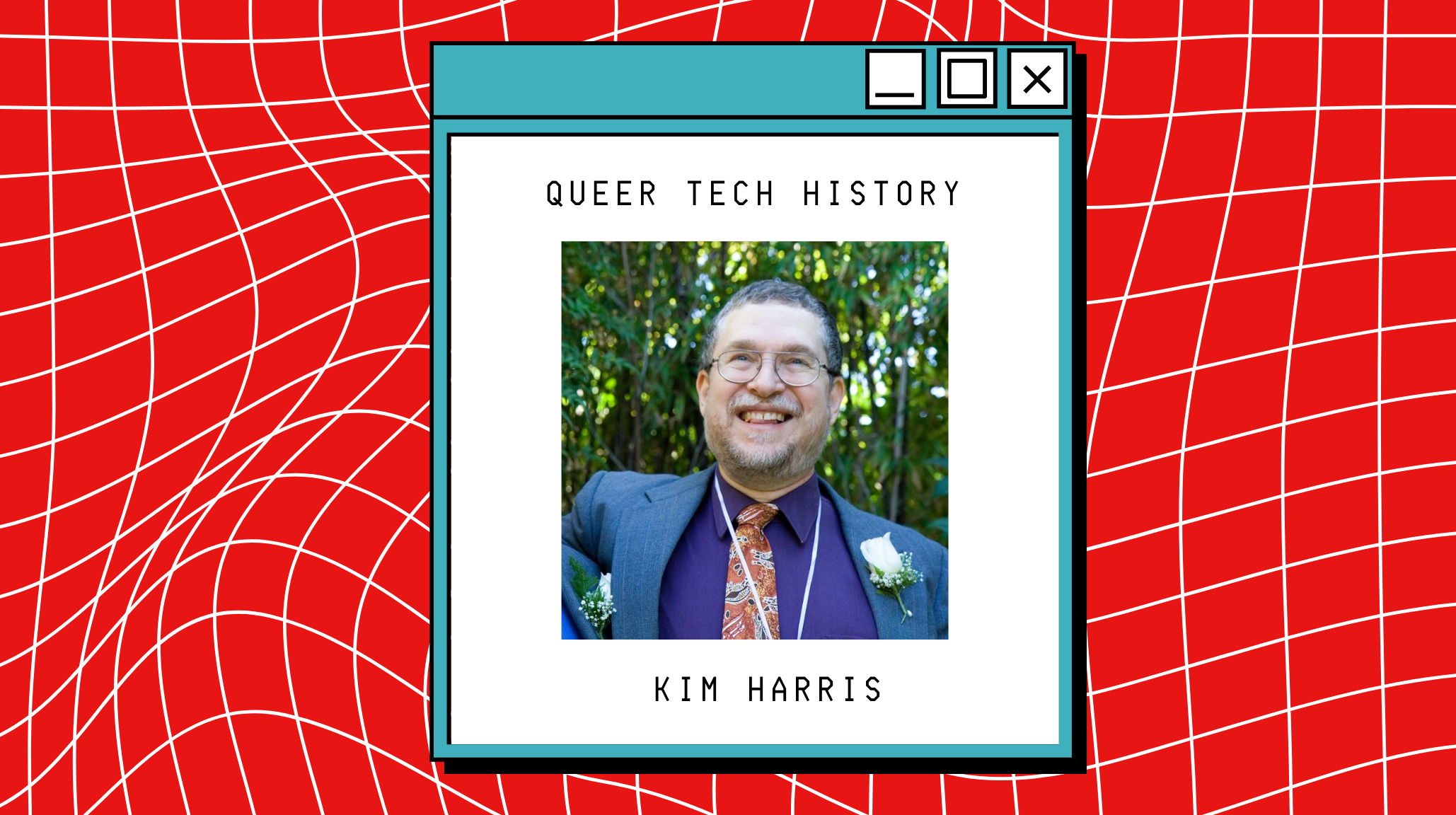The internet has transformed queer culture in ways once unimaginable, creating access and understanding that didn’t exist before. Nowhere was this more vital than in education around HIV/AIDS, at a time when seeking information was either stigmatized or nearly impossible. Among the few projects filling that gap was the Critical Path Project, founded by activist Kiyoshi Kuromiya. His work helped millions find life-saving resources and was pivotal in defending free speech online, most notably through his challenge of the Communications Decency Act (CDA) of 1996.
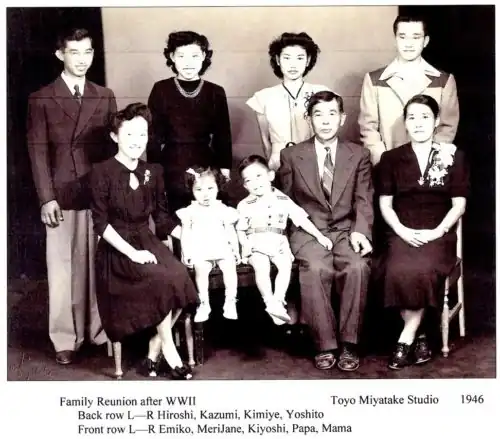
Kiyoshi Kuromiya was born on May 9, 1943, in Wyoming’s Heart Mountain Internment Camp. He recalled coming out as gay to his parents at just 8 or 9 years old while growing up in California. At the time, he went by Steve rather than Kiyoshi, and in a 1983 interview with Tommi Mecca, he shared that he didn’t even know the words “gay” or “homosexual” because there was no literature available. Instead, he turned to the Monrovia Public Library to learn about the identity he already knew was central to who he was.
In 1961, Kuromiya entered the University of Pennsylvania as one of six Benjamin Franklin National Scholars, studying architecture—but quickly became just as dedicated to activism as academics. He joined the Congress of Racial Equality (CORE), organized sit-ins at segregated Maryland diners, and soon immersed himself in the broader Civil Rights Movement. By the mid-1960s, he was marching with Dr. Martin Luther King Jr., beaten by police while helping Black students register to vote in Montgomery, and even secured what was considered the first public apology from a Southern officer for injuring a civil rights worker. His bond with the King family was so strong that after King’s assassination, Kuromiya helped care for the children during the funeral week.
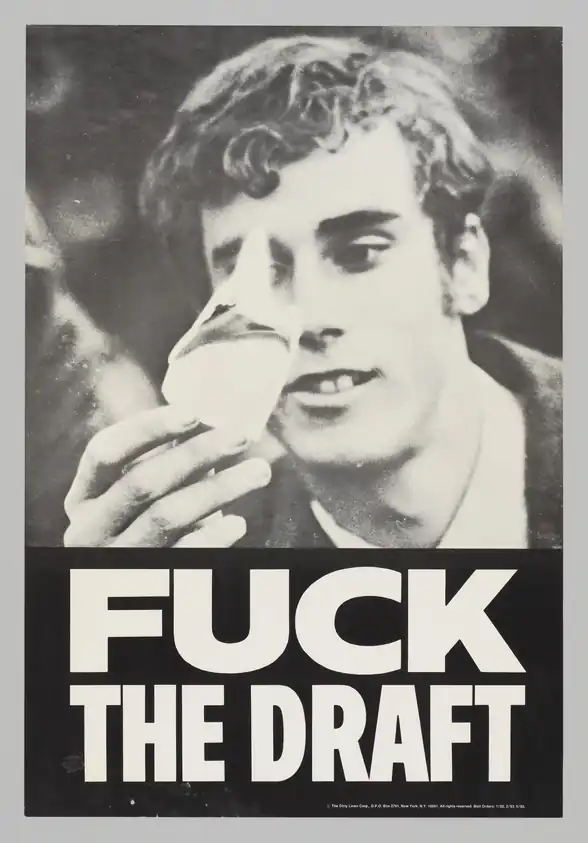
In the late 1960s, Kuromiya became deeply involved in anti–Vietnam War protests. He designed the now-iconic “Fuck the Draft” poster, a bold piece of protest art that captured the spirit of resistance. On April 11, 1968, he was arrested in Philadelphia by the FBI and charged under U.S. Code Title 18, Section 1461, which deemed the poster “obscene, indecent, and crime-inciting.” It was one of his earliest battles with censorship, but far from the last.
Kuromiya became active in the AIDS movement in the early 1980s, founding the Philadelphia chapter of ACT UP and helping develop the ACT UP Standards of Care, the first treatment guidelines written by and for people living with HIV. After his own diagnosis in 1989, his work only intensified, guided by his belief that “information is power.”
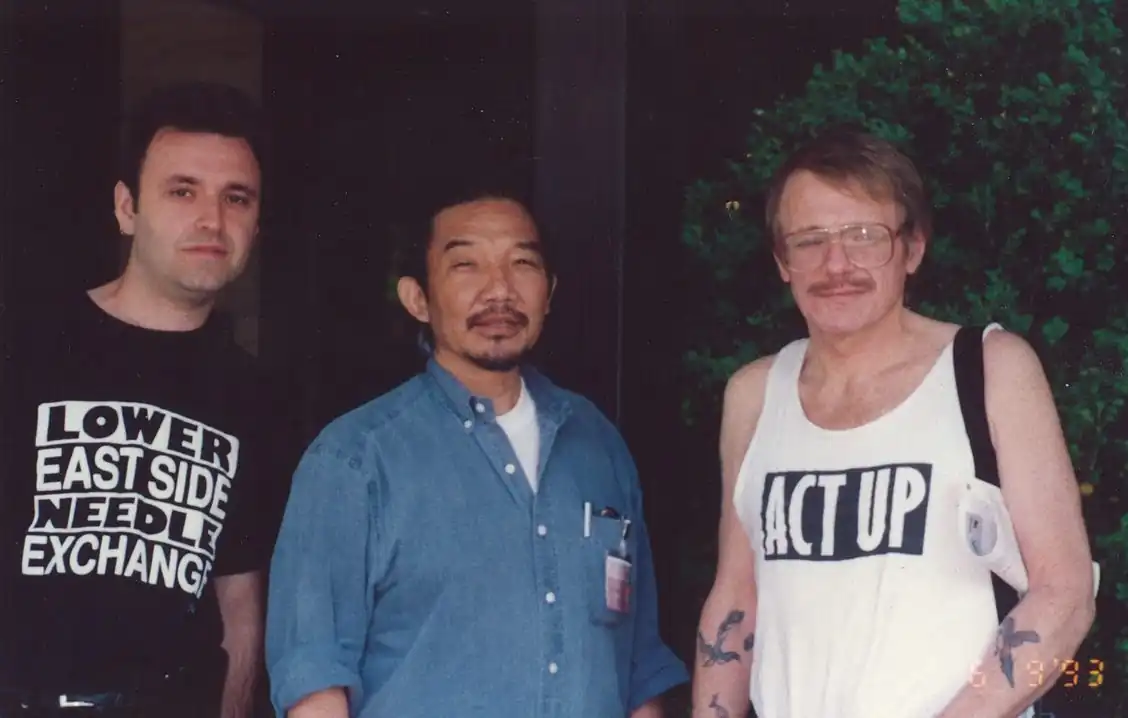
That belief came to life in the Critical Path Project, one of the first global information hubs for people with HIV/AIDS. It began as a newsletter mailed to thousands around the world, including incarcerated people with no other access to treatment information, and later became one of the internet’s earliest health websites. Kuromiya used bulletin board systems and email lists to distribute survival guides, legal rights information, and treatment updates at a time when government response was slow and often absent.
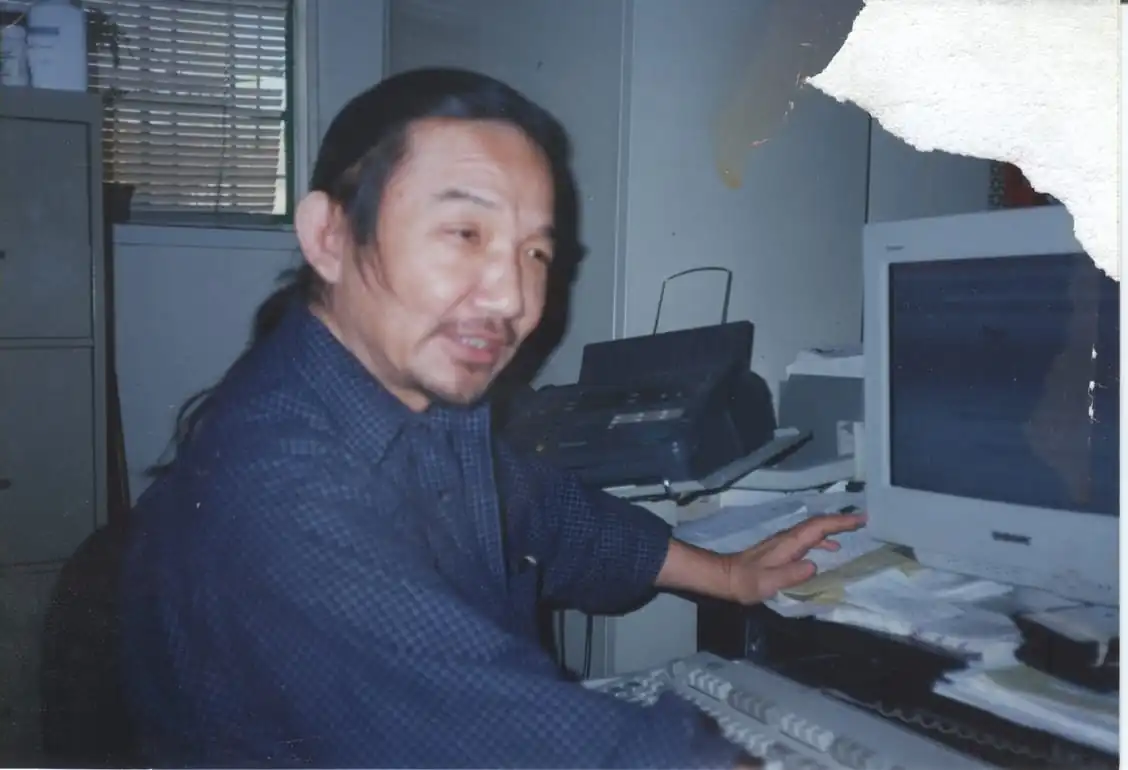
He eventually expanded Critical Path into the Critical Path AIDS Project, which provided free internet access to hundreds of people with HIV in Philadelphia and operated a 24-hour hotline so anyone could reach him for help. Long before online community was modernized, Kuromiya treated digital networks as infrastructure for care, connection, and survival.
In 1997, Kuromiya and the Critical Path AIDS Project became lead plaintiffs in Reno v. ACLU, the landmark Supreme Court case that struck down the Communications Decency Act. The CDA was Congress’s first attempt to regulate online speech, written so broadly it threatened to criminalize sharing information about HIV/AIDS and queer identity. By challenging the law, Kuromiya helped secure the principle that the internet deserved full First Amendment protection. The victory not only preserved free speech online but also protected digital spaces as lifelines for marginalized communities who relied on them for survival.
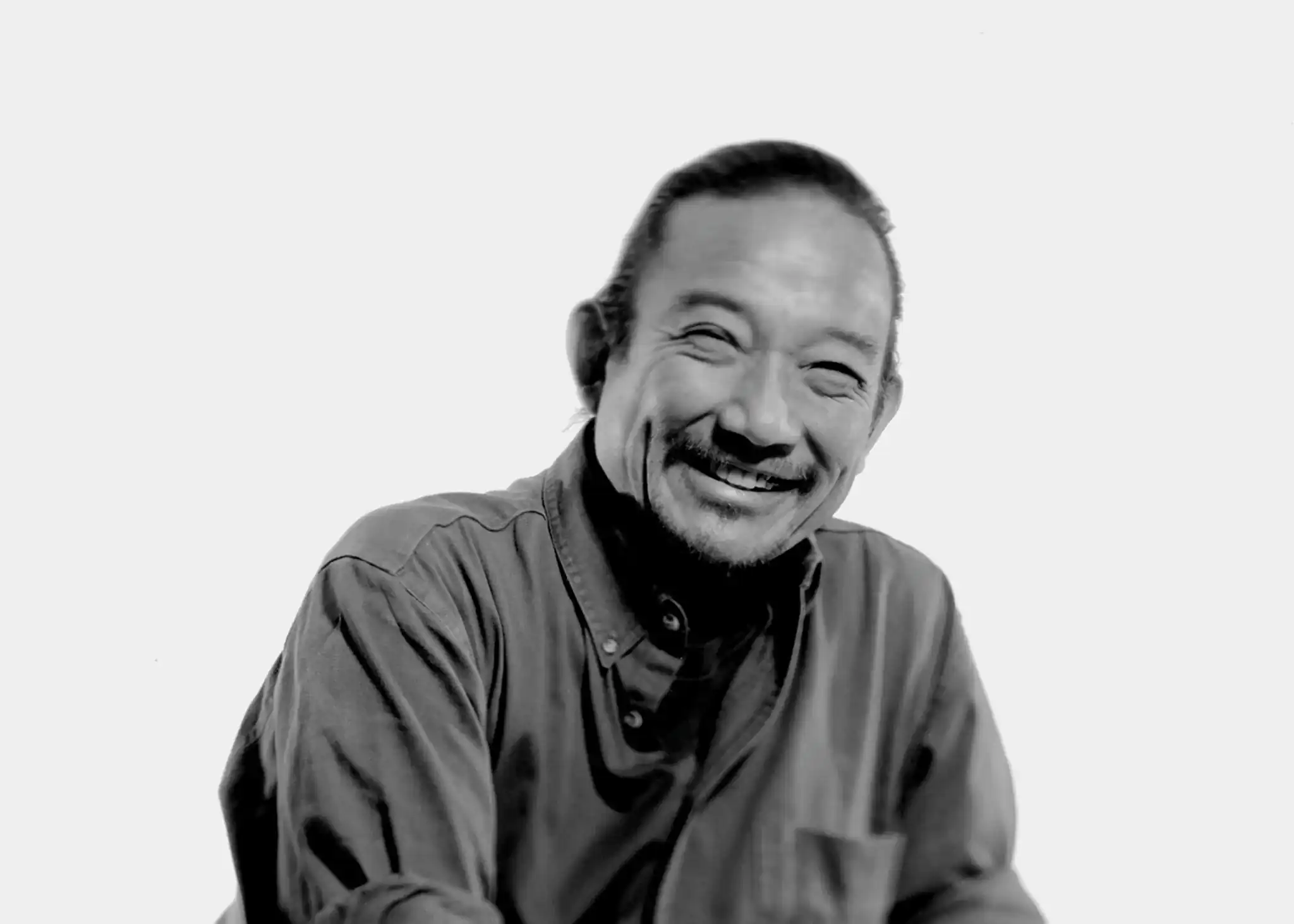
Kuromiya died on May 10, 2000, one day after his 57th birthday. His legacy lives on in the use of technology as a tool for access and community, from online health resources to the protections for free expression that continue to shape the internet today.


_scrubbed_tiny.webp)

